|
|
|
|
By banning Twitter in Nigeria President Muhammadu Buhari is running some serious risks. Jeff Conroy-Krutz argues that chief among them are the fact that, while only a minority of Nigerians use Twitter, they form part of the most vocal and politically active segment of the population. It’s not a constituency that Buhari can afford to annoy further. The ban could also have dire consequences for the country’s fragile democratic institutions. And it could further dent an economy that’s taken a big hit from COVID-19.
The novel At Night All Blood is Black, on France’s bestseller list since it came out in 2018, has won the International Booker prize for translated fiction. Written by Franco-Senegalese writer and academic David Diop, the book is about a Senegalese soldier who descends into madness while fighting for France in the First World War. Caroline D. Laurent explains how Diop’s main character, Alfa Ndiaye, becomes a symbol of the ambivalence of war and its destructive power. And how the author manages to reflect the violence perpetrated and experienced by all sides.
Nigerian televangelist, faith healer, and neo-Pentecostal pastor TB Joshua has died at the age of 57. Leader and founder of the Synagogue Church of All Nations in Lagos, he was close to a number of African political leaders and a savvy user of social media and streaming to spread his message worldwide. He faced strong criticism for professing to heal all manner of illnesses, including HIV/Aids, as well as for the 116 deaths from the collapse of his church in Lagos State in 2014. Theology scholar Dion Forster explains Joshua’s huge influence and many controversies.
The ocean covers over 70% of the planet. It’s a life source for every organism on earth. But the ocean’s wellbeing is at risk. People are taking more from it than can be replenished. This year’s theme for World Ocean Day focuses on showing how integral the oceans are to everyday life.
This interconnectedness goes back in time too. Isabel Hofmeyr connects the dots between the customs houses in colonial ports in southern Africa and censorship and and copyright. A more immediate issue is the fate of great white sharks off South Africa’s coast. Alison Kock and Charlene da Silva unravel the mystery about their sudden disappearance. And in previously published articles, we explore further the relationship between people and the marine ecosystems on the continent.
|
Wale Fatade
Commissioning Editor: Nigeria
|

|
|
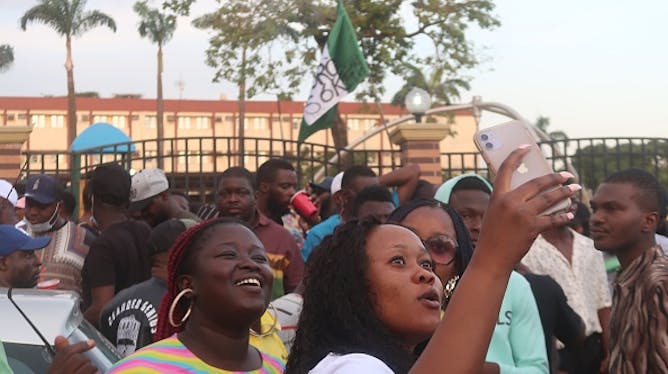
Taking a selfie during the #ENDSARS protest in Lagos in 2020. Social media was used extensively to mobilise demontrators.
Adekunle Ajayi/NurPhoto via Getty Images
Jeff Conroy-Krutz, Michigan State University
President Muhammadu Buhari's Twitter shutdown will be hard to enforce and could have dire consequences for Nigeria's fragile democratic institutions and economy.
|
|
|
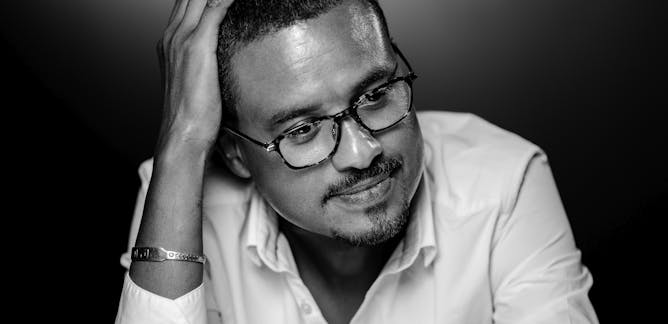
Caroline D. Laurent, Harvard University
The French-Senegalese author's novel At Night All Blood is Black is a harrowing and politically profound story of a Senegalese soldier fighting for the French in the first World War.
| |
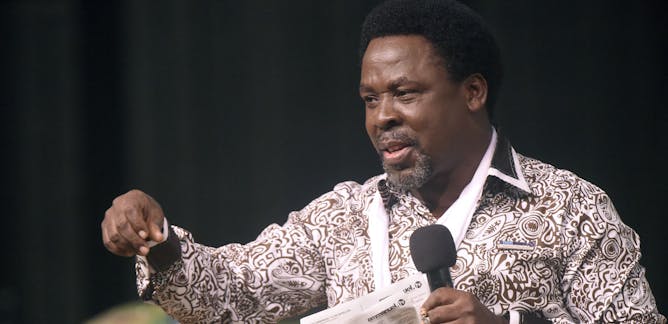
Dion Forster, Stellenbosch University
Ongoing support for TB Joshua and his ministry can be explained by understanding the theological tradition in which he operated.
|
|
|
World Oceans Day
|
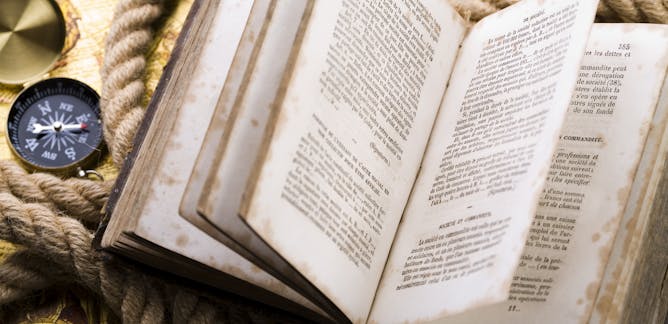
Isabel Hofmeyr, University of the Witwatersrand
How colonial Customs protocols shaped copyright and censorship.
| |

Alison Kock, South African Institute for Aquatic Biodiversity
Sharks grow slowly and produce few young compared to bony fishes. In many cases, this means that their populations are fished out faster than can be replenished if not well managed.
|
|
|
Energy + Environment
|
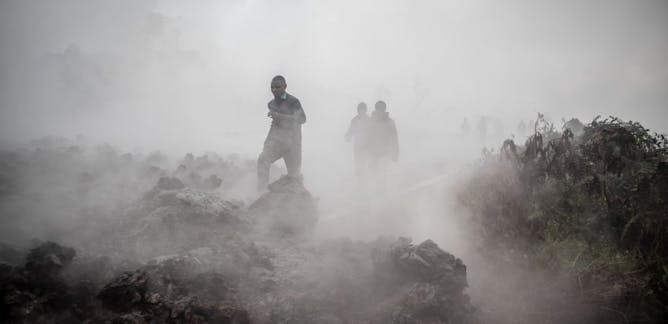
Patrick de Marie C. Katoto, Université catholique de Bukavu
Nyiragongo is one of the most dangerous volcanoes in the world because of its fast-moving lava. It can flow at a speed of about 100km per hour.
| |
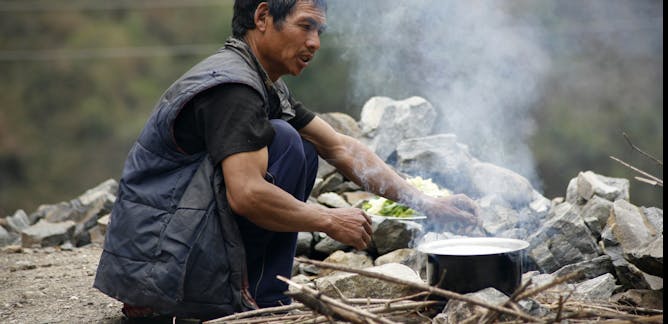
Marta Baltruszewicz, University of Leeds
Firewood and charcoal are replaced with more energy-efficient electricity.
|
|
|
Health + Medicine
|
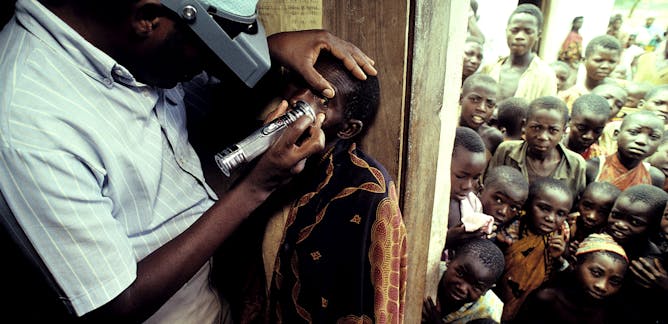
Musa Mutali, University of Benin
The Gambia’s success in eliminating trachoma means that resources previously allocated to combating the disease can now be reallocated to other public health conditions
| |

Gloria Abena Ampim, University of Bergen
Fathers who attend antenatal care may be keen to support the well being of their partners and children, but are left unengaged and often disappointed.
|
|
|
| |
| |
| |
| |

|
| |
| |
| |
Featured events
|
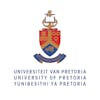
|
Lynwood Ave, Hatfield, Pretoria, Gauteng, 0002, South Africa — University of Pretoria
|

|
Centre for Human Rights, Faculty of Law, University of Pretoria, Pretoria, Gauteng, 0002, South Africa — University of Pretoria
|

|
Lynnwood, Pretoria, Pretoria, Gauteng, 0001, South Africa — University of Pretoria
|

|
University Road, Hatfield, Gauteng, 0083, South Africa — University of Pretoria
|
|
|
|
| |
| |
| |
Would you like to republish any of these articles?
|
|
It’s free to republish, here are the guidelines.
Contact us on africa-republish@theconversation.com in case you need assistance.
|
| |
| |
| |
| |
|
|
|
|
|
|
|